X-Men: Dark Phoenix [1] caps off the quadrilogy of X-Men films [2] that began with 2011's X-Men: First Class and centres on a younger group of mutants helmed by James McAvoy [3]'s Charles Xavier, but you may not have realised that it's also the 12th instalment in a sprawling X-verse that includes everything from 2000's X-Men to 2016's Deadpool. While originally X-Men: First Class seemed to function as a sort of soft reboot for the X-Men franchise, X-Men: Days of Future Past definitively ties together all the existing X-films, centreing a huge portion of its plot on Hugh Jackman [4]'s Wolverine and featuring nearly the entire cast of X-Men: The Last Stand in one way or another. Then, as if things weren't already muddled enough, Deadpool 2 manages to work in a blink-and-you'll-miss-it cameo [5] from the First Class cast, even though by that point, they should have aged into the Last Stand cast.
Confused yet?
In a franchise that spans nearly 70 years, plays with time travel and alternate realities, and has a sprawling cast of characters, many of whom are portrayed by two different actors, continuity is bound to get a little perplexing. While there's actually no way to make the timeline of the X-Men universe make complete sense — that Deadpool 2 cameo really just messes up everything — we can at least try to untangle it a bit. Whether you've already seen Dark Phoenix [6] or want to brush up on your X-chronology before heading to the theatre, read through our gallery if you are curious how Jean Grey's latest turn to the Dark Side [7] (or . . . would it be her first?) fits into the greater X-Men timeline.

X-Men: First Class (2011)
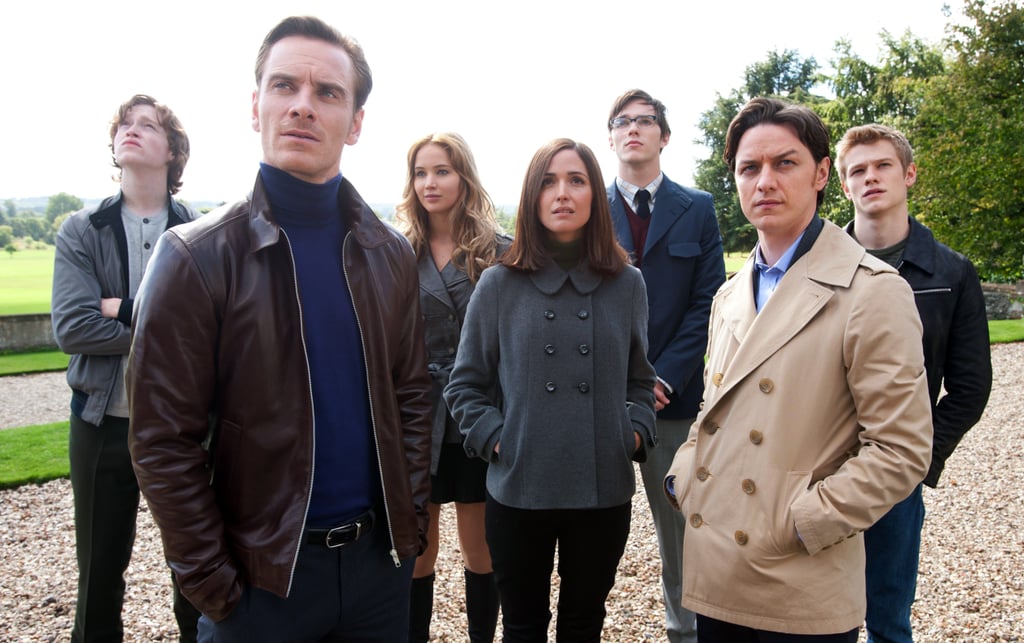
Similar to 2000's X-Men, First Class opens in a concentration camp in 1944, with a traumatized young Erik Lehnsherr (Michael Fassbender) bending a metal gate after being separated from his parents. But afterward, instead of leaping ahead nearly 60 years like that film does, this one jumps forward less than 20, to 1962. Most of the events of First Class take place during the Cuban Missile Crisis and focus largely on the strong friendship between Erik and Charles Xavier that the 2000s trilogy only hinted at.
Aside from Charles and Erik, the only other franchise-significant characters included in First Class are the mutants Mystique (Jennifer Lawrence [9]) and Beast (Nicholas Hoult). This film isn't so much about following a team of established X-Men as it is laying groundwork for the factors that lead to the team's formation. This film ends with Charles and Erik's friendship splintered, Erik adopting the name Magneto, and Charles suggesting that he may wish to open a school.
X-Men: Days of Future Past (2014)
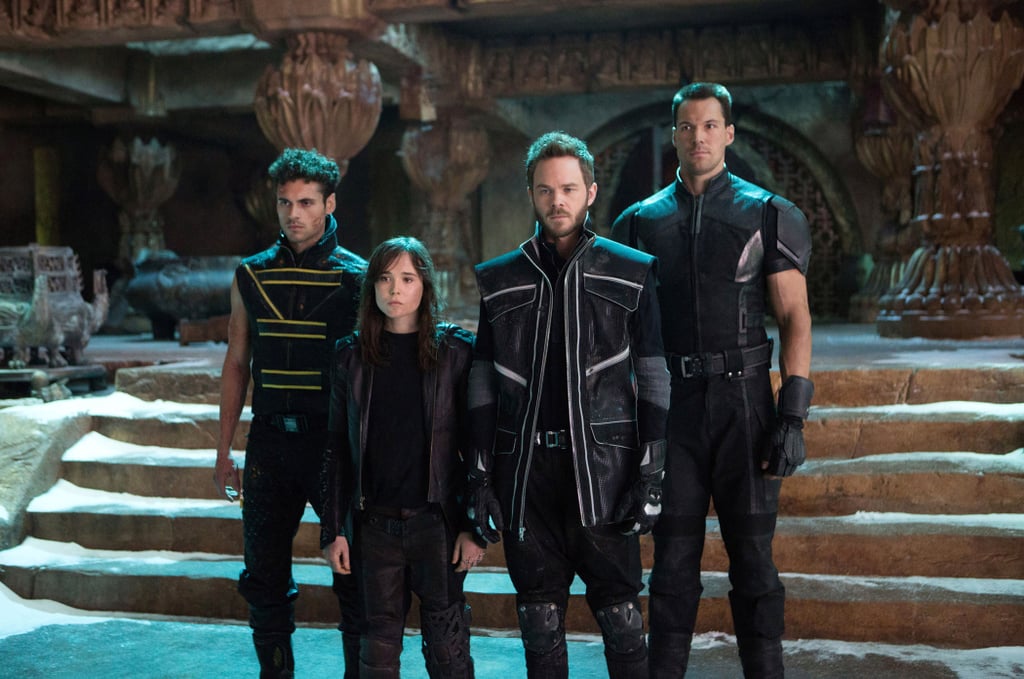
The second film in the X-Men chronology is actually the seventh X-film that was made, and boy, does it know it, as it pulls in practically every character to have ever starred in an X-Men film up until this point. It's a little tricky to peg down this film to one particular point in time — it opens in the year 2023, following a group of mutants last seen in 2006's The Last Stand, including Charles Xavier and Erik Lehnsherr, now played by Sirs Patrick Stewart and Ian McKellen, reprising their roles from the original trilogy. However, the setup is just an excuse to send Wolverine's (Hugh Jackman [10]) consciousness back to his younger body in 1973, where he must stop an assassination in order to prevent a future in which mutants are hunted to the point of extinction by deadly machines called Sentinels.
There, Wolverine attempts to enlist the help of the younger Charles and Erik, but they have conflicting ideas for how to prevent the disastrous events of the future and very nearly wind up destroying each other in the process. Ultimately, though, Wolverine's mission is successful, and his consciousness returns to 2023 to find that not only did he prevent the rise of the Sentinels, but he also managed to undo the events of The Last Stand, which resulted in the deaths of Cyclops and Jean Grey. In this new, warmly lit future, Cyclops and Jean are alive and well, Xavier's School For Gifted Youngsters is intact and thriving, and none of the apocalyptic events we saw at the beginning of the film ever happened.
However, this shoving of the timeline onto a different track does make things a little weird when it comes to the films that were made before it, but chronologically take place after it, which brings us to . . .
X-Men Origins: Wolverine (2009)
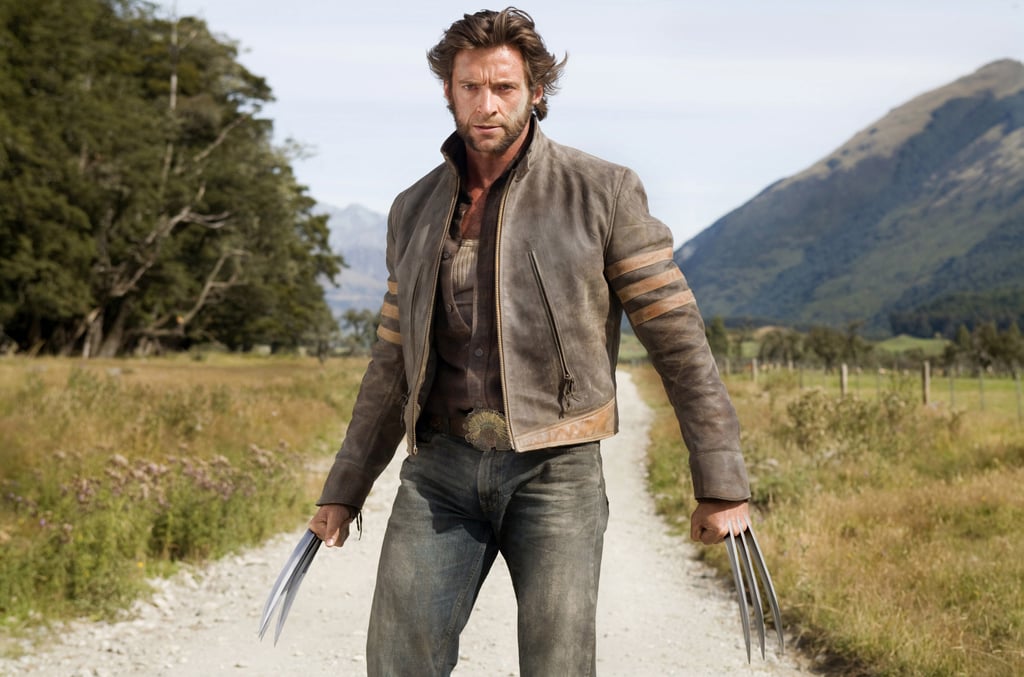
Technically speaking, X-Men Origins: Wolverine comes first in the order, since it begins with Logan (née James Howlett) as a child in 1845. But it quickly jumps forward in time to trace his relationship with his half-brother Victor Creed through many decades and multiple wars, ultimately settling in around the late '70s/early '80s for the bulk of its plot, between the events of Days of Future Past and Apocalypse. So for the purposes of this timeline, we're going to put it third, because putting it first would be both confusing and misleading.
However, while the first century-plus of Logan's life remains untouched, it's hard to know for sure whether all of the events that take place during Wolverine still actually even happened, due to the timey-wimey shenanigans in Days of Future Past. When future-Wolverine helped reset the timeline, he may have altered several events from his own past/future. He definitely still received his adamantium skeleton, which implies that most of his encounters with William Stryker still occurred (which later seems to be confirmed in X-Men: Apocalypse), but as for everything else that transpired during Wolverine — including the creation of an uncharacteristically mute Deadpool — it may never have occurred at all.
X-Men: Apocalypse (2016)
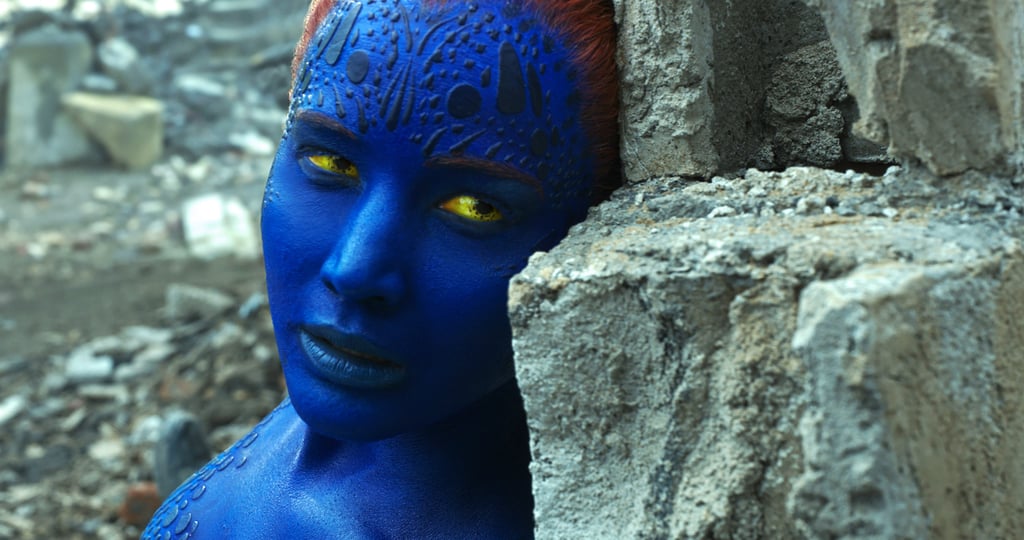
This film brings us back to the First Class cast and finally introduces the core X-Men team that returns again in Dark Phoenix: Cyclops, Jean Grey, Storm, Nightcrawler, Beast, Quicksilver [11], and Mystique. While most of these characters have appeared in previous movies, this is chronologically the first time they show up in the timeline, with most of them portrayed as teenagers rather than as the seasoned adult heroes we meet in 2000's X-Men.
Apocalypse, like most of the other X-Men films, jumps around in time a bit, but the main narrative and conflict take place in 1983, where the X-Men have to work together to defeat Apocalypse and his Four Horsemen: Magneto, Storm, Archangel, and Psylocke.
It's important to remember that since Apocalypse takes place in the post-Days of Future Past timeline, nothing in this film got reset by Wolverine's trip to the past. So when Jean Grey frees Wolverine from William Stryker's facility, that's the new-timeline Wolverine, confirming that no matter what happened in 1973, Logan had a really lousy following decade.
Dark Phoenix (2019)
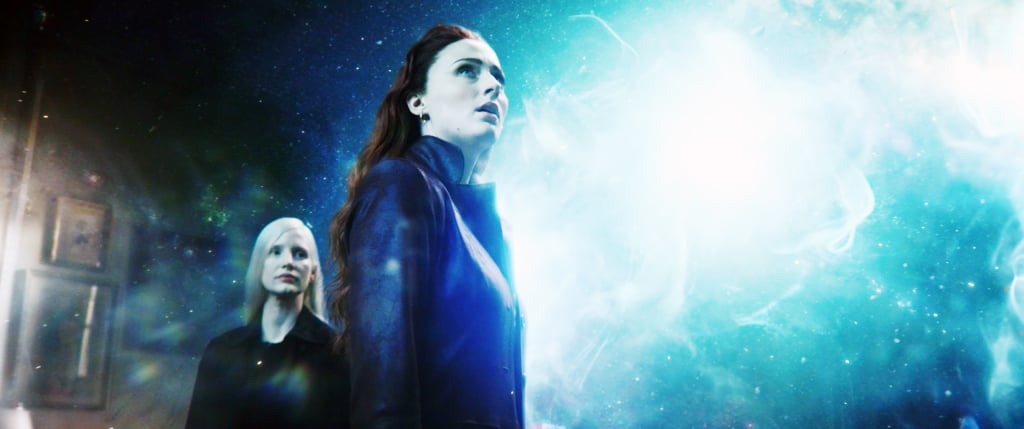
Picking up nearly a decade after the events of Apocalypse and a baffling 30 years after First Class, Dark Phoenix takes place in 1992. Although Charles Xavier and Erik Lehnsherr have apparently not aged in three decades, somehow, over the next eight years, James McAvoy [12] and Michael Fassbender are going to transform into Patrick Stewart and Ian McKellen. By this point in the films, Charles is supposedly 60 years old and Erik is 62, begging the question of whether they've been secretly harboring some antiageing mutant powers all along (and if so, what happens to them between 1992 and 2000 to take away those powers?).
X-Men (2000)
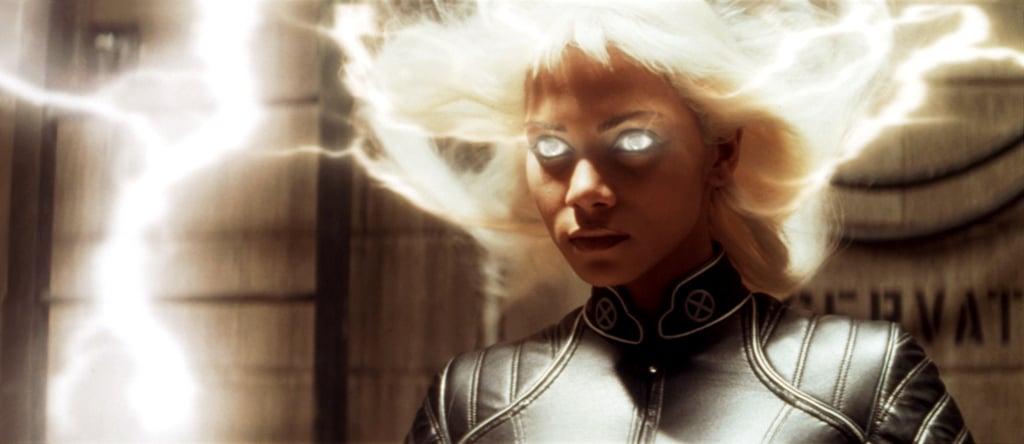
While it seems safe to say that the broad strokes of the original X-Men film still have to occur in order to fulfil what Wolverine sees at the end of Days of Future Past — Rogue and Wolverine still find their way to Xavier's school; Kitty Pryde and Bobby Drake are still students; Jean Grey, Cyclops, and Storm are still teachers — it's extremely unclear whether the specifics still take place. Does Magneto still kidnap Rogue and take her to the top of the Statue of Liberty to power a weapon intended to turn humans into mutants? Who knows?
X2 (2003)
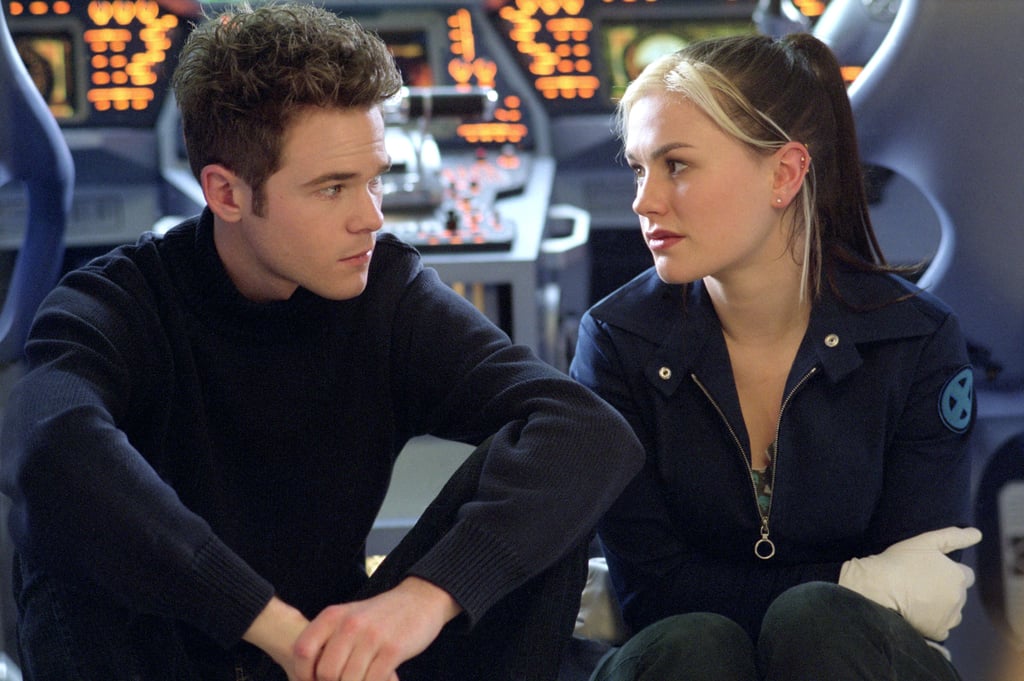
As with all of the original X-Men films, whether or not the events of X2 still take place in a post-Days of Future Past world is murky at best. The conflict in this film revolves around William Stryker, who is definitely still around in this new timeline but has been at least slightly altered by the events of Days of Future Past and Apocalypse. Whether or not he still invades Xavier's school hoping to get his hands on Cerebro is anyone's guess.
X-Men: The Last Stand (2006)
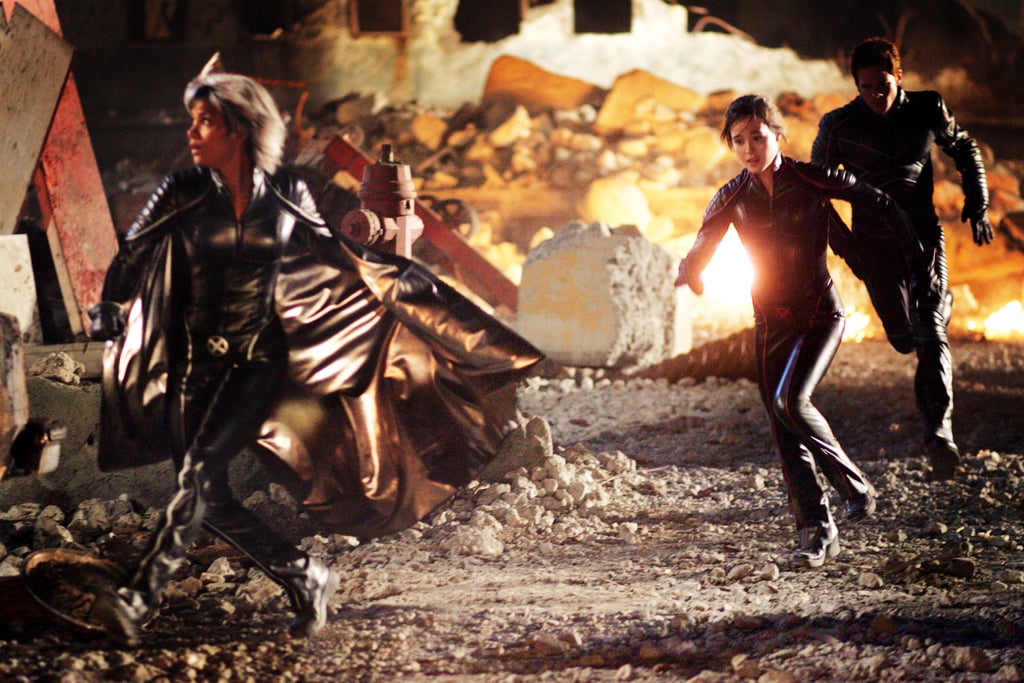
Thankfully, Days of Future Past gives us a definitive answer for the events of this film: they never happened. If they had happened, this is where they'd go in the chronology. But they didn't. Thank goodness.
The Wolverine (2013)
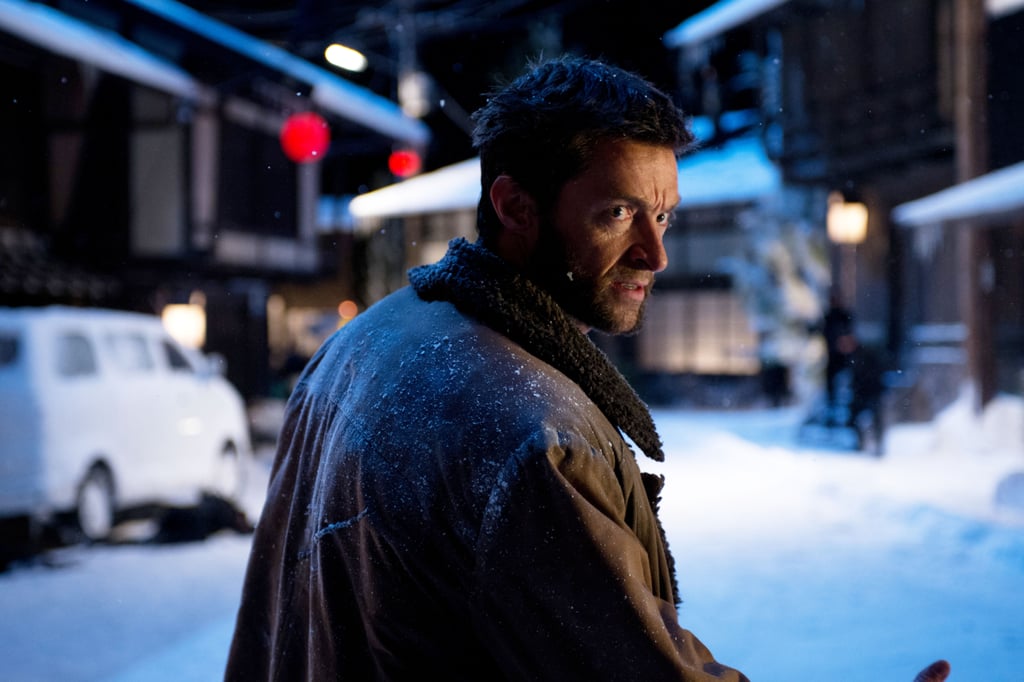
In the original timeline, the end of The Wolverine is where Logan finds out that Charles Xavier is still alive after the events of The Last Stand. But since The Last Stand didn't happen, neither did that.
As a matter of fact, since The Wolverine came out prior to Days of Future Past, there's no knowing how many of the events of this film were left intact after the X-Men's temporal meddling, and they could very well have all been wiped out of existence. Since Logan's trip to Japan is never mentioned again, it seems a pretty safe bet that most or all of The Wolverine never took place.
Deadpool (2016)
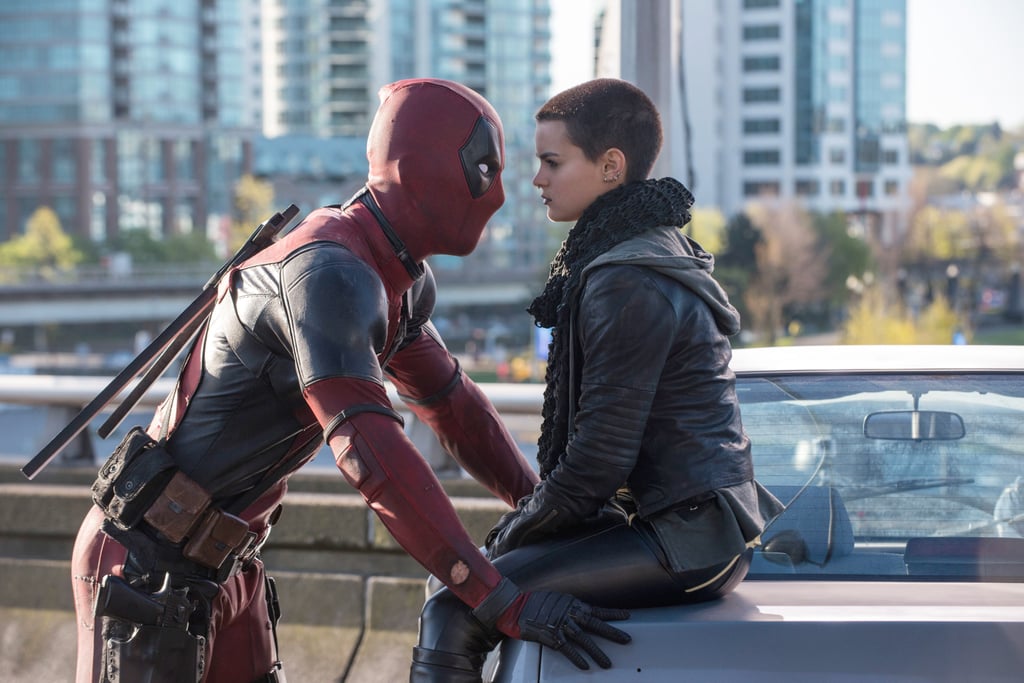
Much like the character himself, Deadpool doesn't fit easily into the X-Men universe [13]. After all, the character was first introduced in a totally different manner — yet was still played by Ryan Reynolds [14] — in 2009's Wolverine. However, the time reset in Days of Future Past can help sort this out. Since the events of X-Men Origins: Wolverine never took place, Wade Wilson was never turned into Weapon XI and was free to live out the 2016 origin story we see play out in Deadpool.
Deadpool 2 (2018)
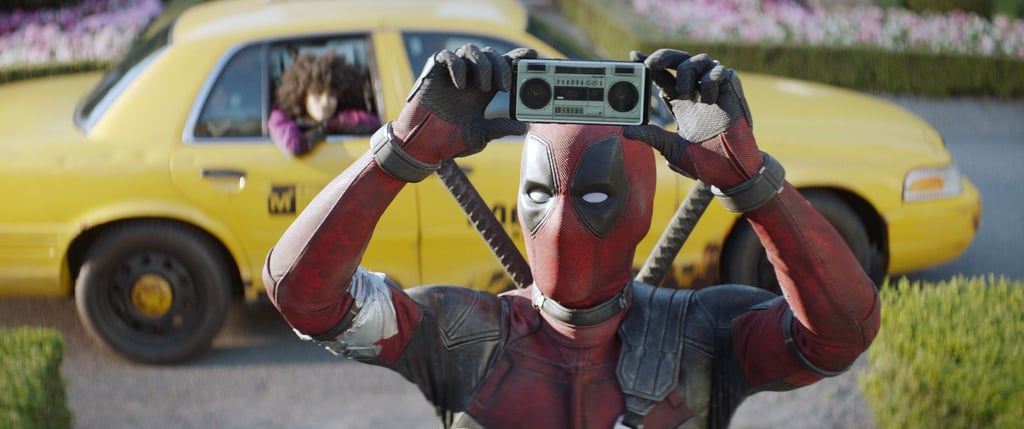
Of all the films in the X-verse, Deadpool 2 is perhaps the hardest to make fit, since it takes place 26 years after the events of Dark Phoenix — and yet during the brief glimpse [15] we get in this film of Charles Xavier, Quicksilver, Cyclops, and all the rest, they appear to look exactly the same.
The only possible (if not plausible) explanation is that somehow, in resetting the timeline in 1973, the X-Men also somehow made it so they wouldn't show any signs whatsoever of ageing until, presumably, just prior to 2023, at which point they would rapid-age into the cast we see at the end of Days of Future Past.
Or, you know, this is just a Deadpool movie, and it's not supposed to make sense [16].
Logan (2017)
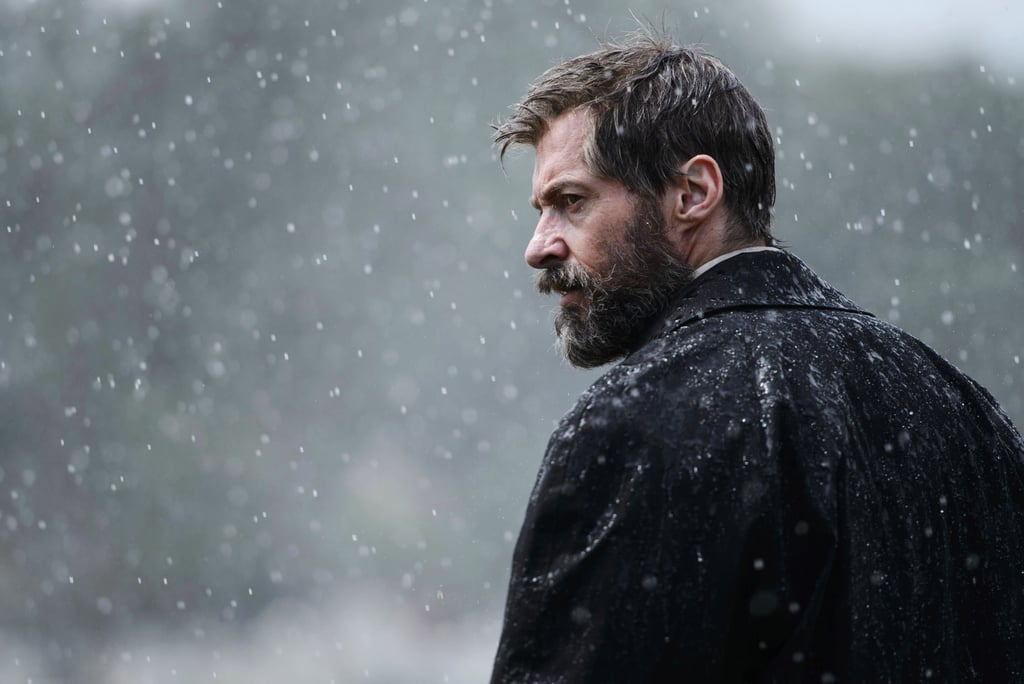
Set in 2029, Logan is the end of the X-Men timeline for now. While we did get a brief glimpse [17] of the year 2068 in Deadpool 2, we know better by now than to assume that just because we see a future timeline means it'll actually happen.
In this film, we learn that sometime during the six years following the 2023 coda at the end of Days of Future Past, Charles Xavier (who somehow managed to morph from James McAvoy [18] into a nonagenarian Patrick Stewart during the 11 years between Deadpool 2 and Logan) accidentally killed all of the X-Men and is now being cared for by a decrepit Wolverine, whose adamantium skeleton is slowly poisoning him from the inside, now that his mutant healing ability seems to be finally breaking down.
By this point, Charles Xavier is 99 years old, Wolverine is 197, all the X-Men are dead [19] (except for Deadpool, probably, who seems like he would've somehow managed to outlive them all), and time has no meaning.